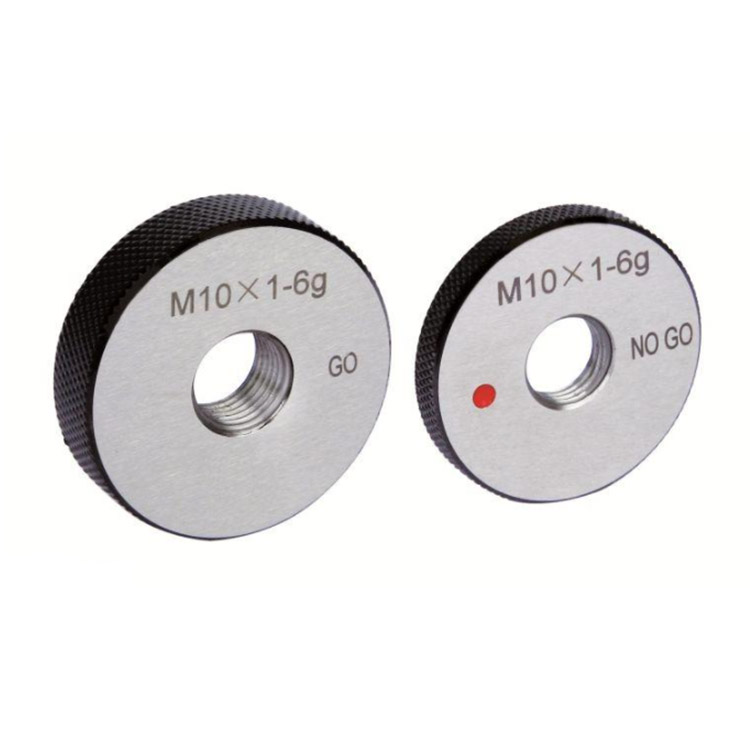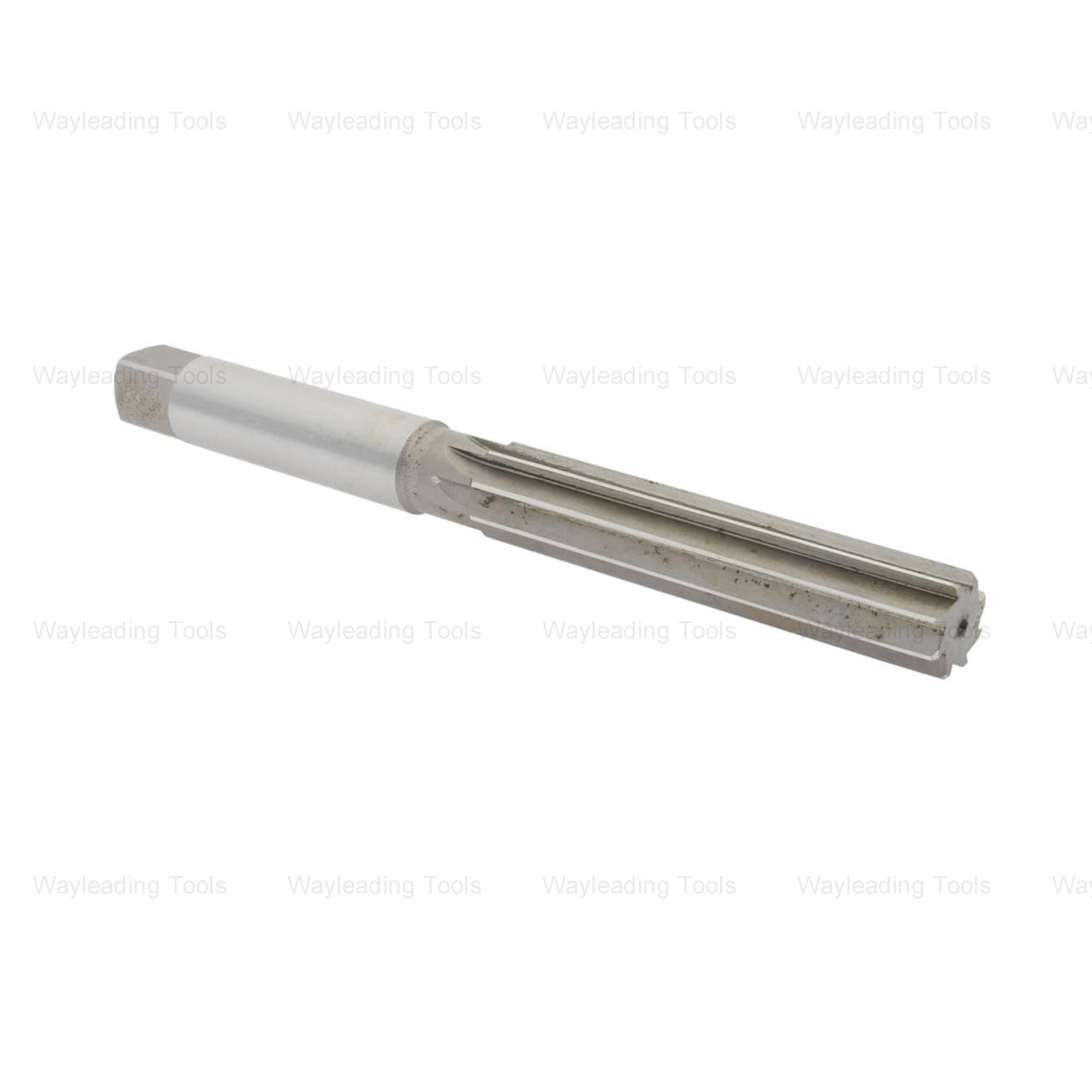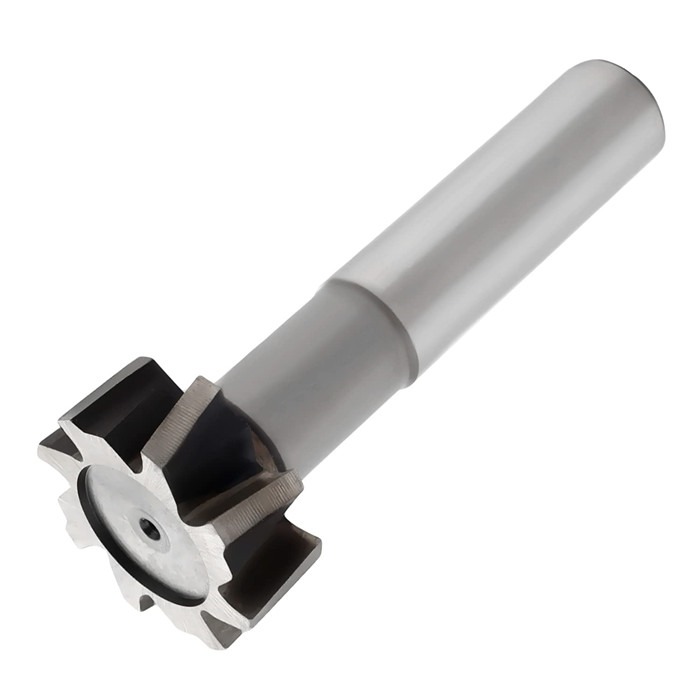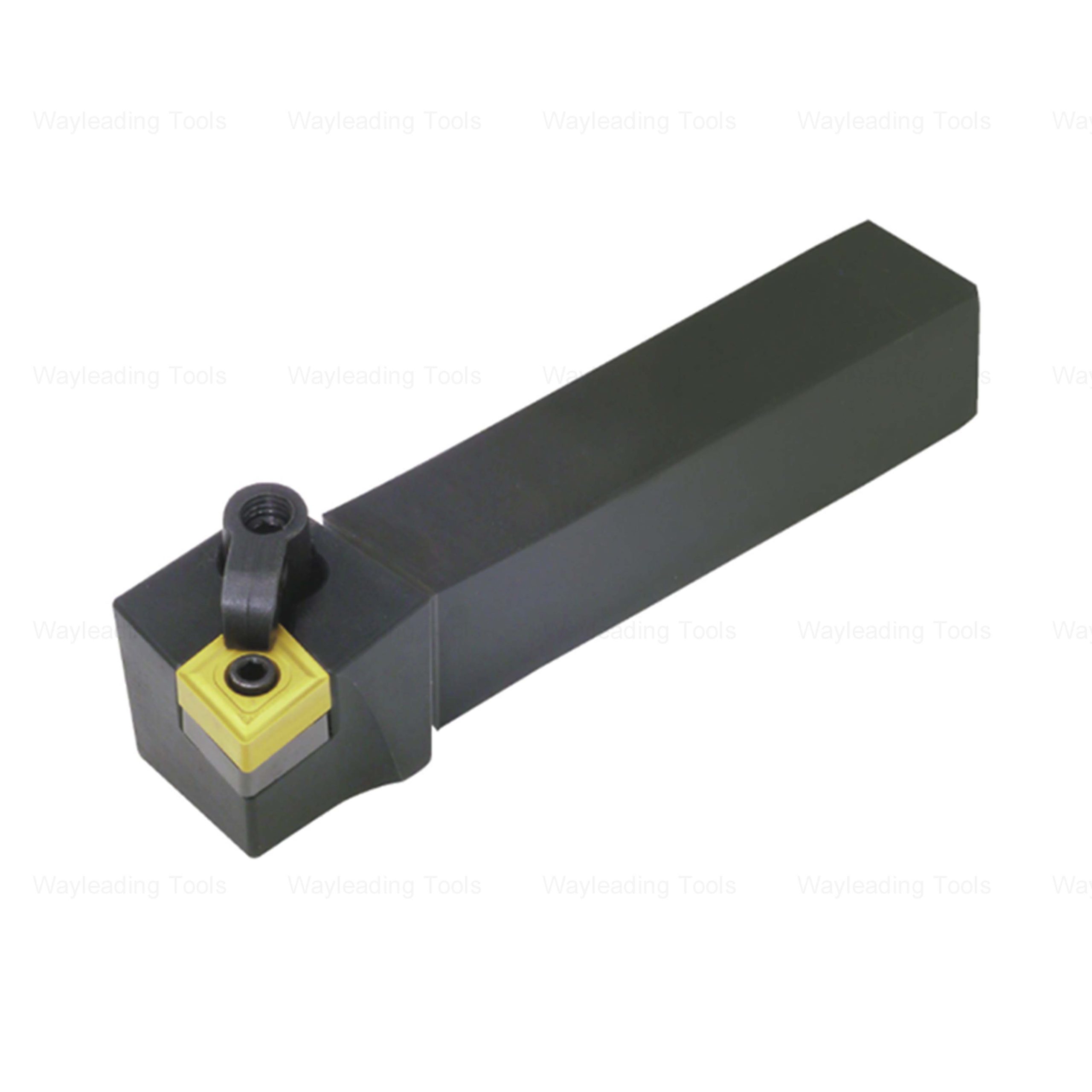lathe tools Manufacturer
Finding the right lathe tools manufacturer is crucial for achieving precision and efficiency in your machining operations. This guide explores the key considerations when selecting a supplier, including tool types, materials, quality control, customization options, and the importance of a reliable partnership.
Understanding Lathe Tools
Lathes are versatile machines used for shaping metal, wood, or other materials by rotating the workpiece against a cutting tool. The performance of a lathe heavily relies on the quality and suitability of the lathe tools used.
Types of Lathe Tools
Various lathe tools are available, each designed for specific operations. Understanding these types is essential for selecting the right tools for your needs.
- Turning Tools: Used for reducing the diameter of the workpiece.
- Facing Tools: Used for creating a flat surface perpendicular to the axis of rotation.
- Boring Tools: Used for enlarging or finishing existing holes.
- Threading Tools: Used for cutting threads on the workpiece.
- Parting Tools: Used for cutting off a section of the workpiece.
- Grooving Tools: Used for creating grooves on the workpiece.
Materials Used in Lathe Tools
The material of a lathe tool significantly impacts its performance and lifespan. Common materials include:
- High-Speed Steel (HSS): Offers good toughness and wear resistance, suitable for general-purpose machining.
- Carbide: Provides high hardness and wear resistance, ideal for machining hard materials at high speeds.
- Ceramic: Offers excellent heat resistance and cutting speed capabilities, suitable for high-volume production.
- Cermet: A combination of ceramic and metallic materials, offering a balance of toughness and wear resistance.
- Diamond: Extremely hard and wear-resistant, used for machining non-ferrous metals and abrasive materials.
Key Considerations When Choosing a Lathe Tools Manufacturer
Selecting the right lathe tools manufacturer requires careful evaluation. Here are some key factors to consider:
Quality Control and Certifications
Ensure the manufacturer has robust quality control processes and relevant certifications (e.g., ISO 9001). This guarantees that the tools meet specified standards and perform consistently.
Material Expertise and Sourcing
A reputable manufacturer should have expertise in selecting and sourcing high-quality materials. Inquire about their material suppliers and quality assurance procedures.
Customization Options
If you require specialized tools or specific dimensions, choose a manufacturer that offers customization options. This allows you to tailor the tools to your exact requirements.
Production Capacity and Lead Times
Assess the manufacturer's production capacity and lead times to ensure they can meet your demands, especially for large orders or urgent projects.
Pricing and Payment Terms
Obtain quotes from multiple manufacturers and compare pricing. Understand the payment terms and any additional costs, such as shipping and handling.
Technical Support and After-Sales Service
Choose a manufacturer that provides comprehensive technical support and after-sales service. This ensures you have access to assistance when needed.
Reputation and Experience
Research the manufacturer's reputation and experience in the industry. Read reviews and testimonials from other customers to gauge their reliability and customer satisfaction.
Finding the Right Lathe Tools Manufacturer: A Practical Approach
The search for the perfect lathe tools manufacturer doesn't need to be daunting. A systematic approach focusing on your specific needs will yield the best results.
Defining Your Needs
Start by clearly defining your requirements. What materials will you be machining? What types of operations will you be performing? What are your budget constraints? Answering these questions will help you narrow down your options.
Researching Potential Manufacturers
Utilize online resources, industry directories, and trade shows to identify potential manufacturers. Look for companies that specialize in the types of lathe tools you need.
Requesting Quotes and Samples
Contact several manufacturers and request quotes for your specific requirements. Ask for samples to evaluate the quality and performance of their tools firsthand.
Evaluating the Samples
Thoroughly evaluate the samples you receive. Assess their dimensional accuracy, surface finish, and cutting performance. Compare the samples against your requirements and select the manufacturer that best meets your needs. When you are ready to purchase high-quality and reliable lathe tools, consider Wayleading Tools for your needs.
Establishing a Long-Term Partnership
Once you have selected a manufacturer, establish a long-term partnership. This will ensure you have a reliable source of high-quality lathe tools for your ongoing machining operations.
Case Study: Optimizing Lathe Tool Selection for a Manufacturing Plant
A large manufacturing plant experienced inconsistencies in their lathe operations, leading to increased downtime and higher production costs. A detailed analysis revealed that the primary issue was the selection of inappropriate lathe tools for the materials being machined.
By partnering with a specialized lathe tools manufacturer, the plant was able to identify and implement the correct tooling solutions. This resulted in a significant improvement in machining efficiency, reduced downtime, and lower production costs. The plant also benefited from the manufacturer's technical support and after-sales service.
Lathe Tool Maintenance and Best Practices
Proper maintenance and handling of lathe tools are crucial for extending their lifespan and ensuring optimal performance.
- Sharpening: Regularly sharpen your lathe tools to maintain their cutting edge.
- Cleaning: Keep your lathe tools clean and free from debris.
- Storage: Store your lathe tools in a dry and protected environment.
- Inspection: Regularly inspect your lathe tools for signs of wear and damage.
Common Lathe Tool Problems and Solutions
Even with proper maintenance, lathe tools can experience problems. Here are some common issues and their solutions:
| Problem | Possible Cause | Solution |
|---|---|---|
| Chatter | Tool is not rigid enough; Cutting speed too high | Use a more rigid tool; Reduce cutting speed |
| Excessive Wear | Incorrect tool material; Insufficient cooling | Use a harder tool material; Increase coolant flow |
| Poor Surface Finish | Dull tool; Incorrect feed rate | Sharpen tool; Adjust feed rate |
Future Trends in Lathe Tools
The lathe tools industry is constantly evolving. Some key trends to watch include:
- Advanced Materials: Development of new tool materials with improved hardness, wear resistance, and heat resistance.
- Smart Tools: Integration of sensors and data analytics to monitor tool performance and predict tool wear.
- Additive Manufacturing: Use of additive manufacturing techniques to create custom lathe tools with complex geometries.
Related products
Related products
Best selling products
Best selling products-
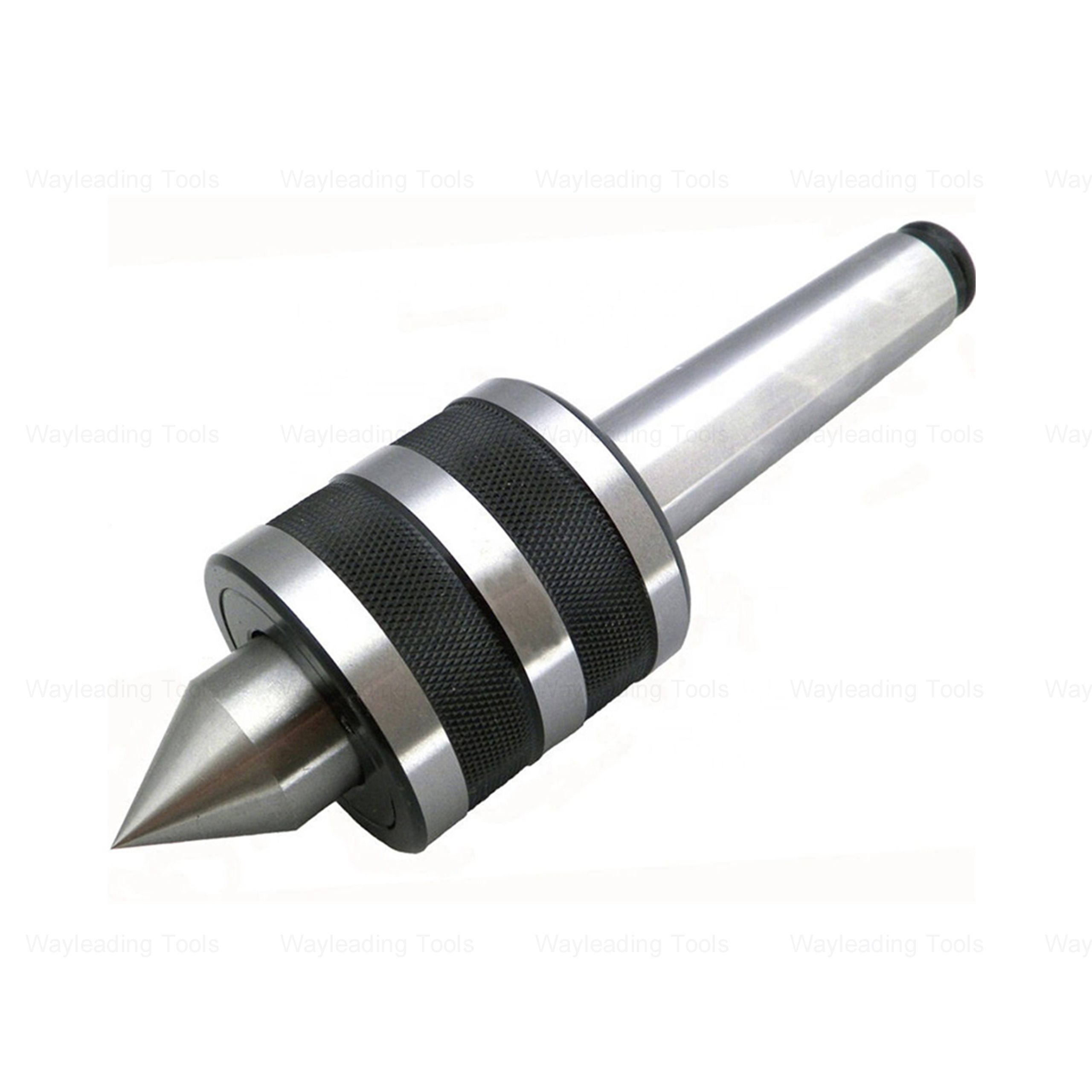 High Precision Medium-Duty Live Center – Hardened Tip, Morse Taper Shank
High Precision Medium-Duty Live Center – Hardened Tip, Morse Taper Shank -
 7pcs Carbide Turning Tool Set With Metric & Inch Size
7pcs Carbide Turning Tool Set With Metric & Inch Size -
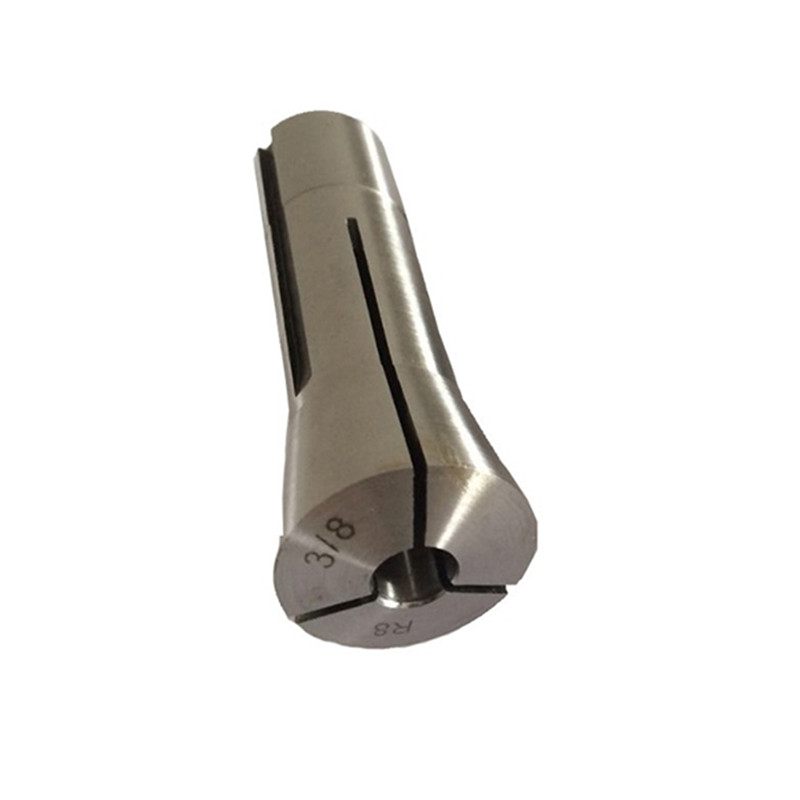 R8 Round Collet With Inch and Metric Size
R8 Round Collet With Inch and Metric Size -
 Precision V Block Set With High Quality Type
Precision V Block Set With High Quality Type -
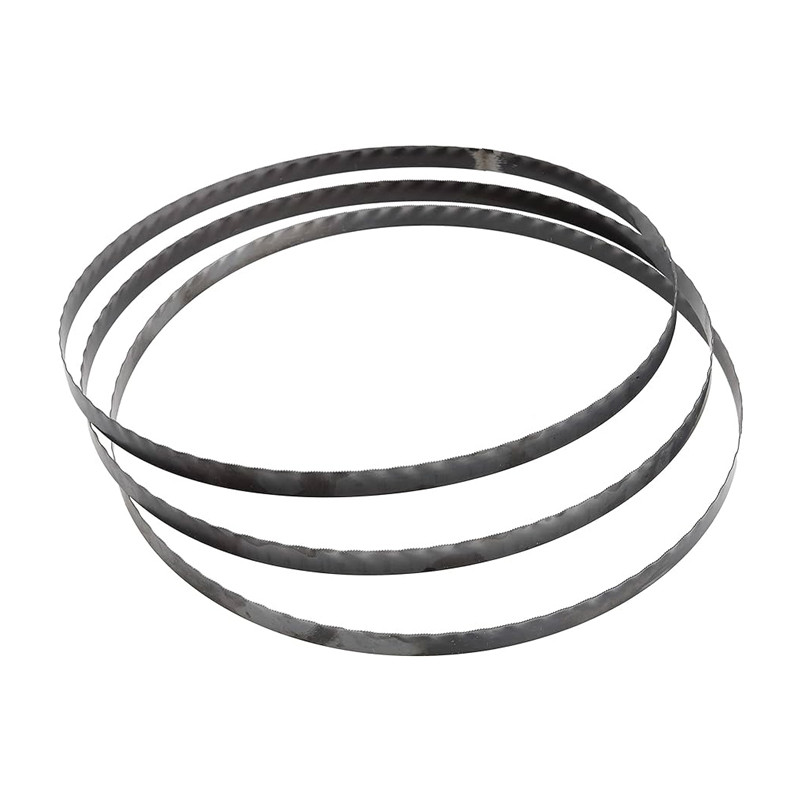 M42 Bi-Metal Bandsaw Blades For Industrial Type
M42 Bi-Metal Bandsaw Blades For Industrial Type -
 Precision 7pcs Angle Blocks Set With High Quality Type
Precision 7pcs Angle Blocks Set With High Quality Type -
 Digital Depth Gauge With Stainless Steel For Industrial Type
Digital Depth Gauge With Stainless Steel For Industrial Type -
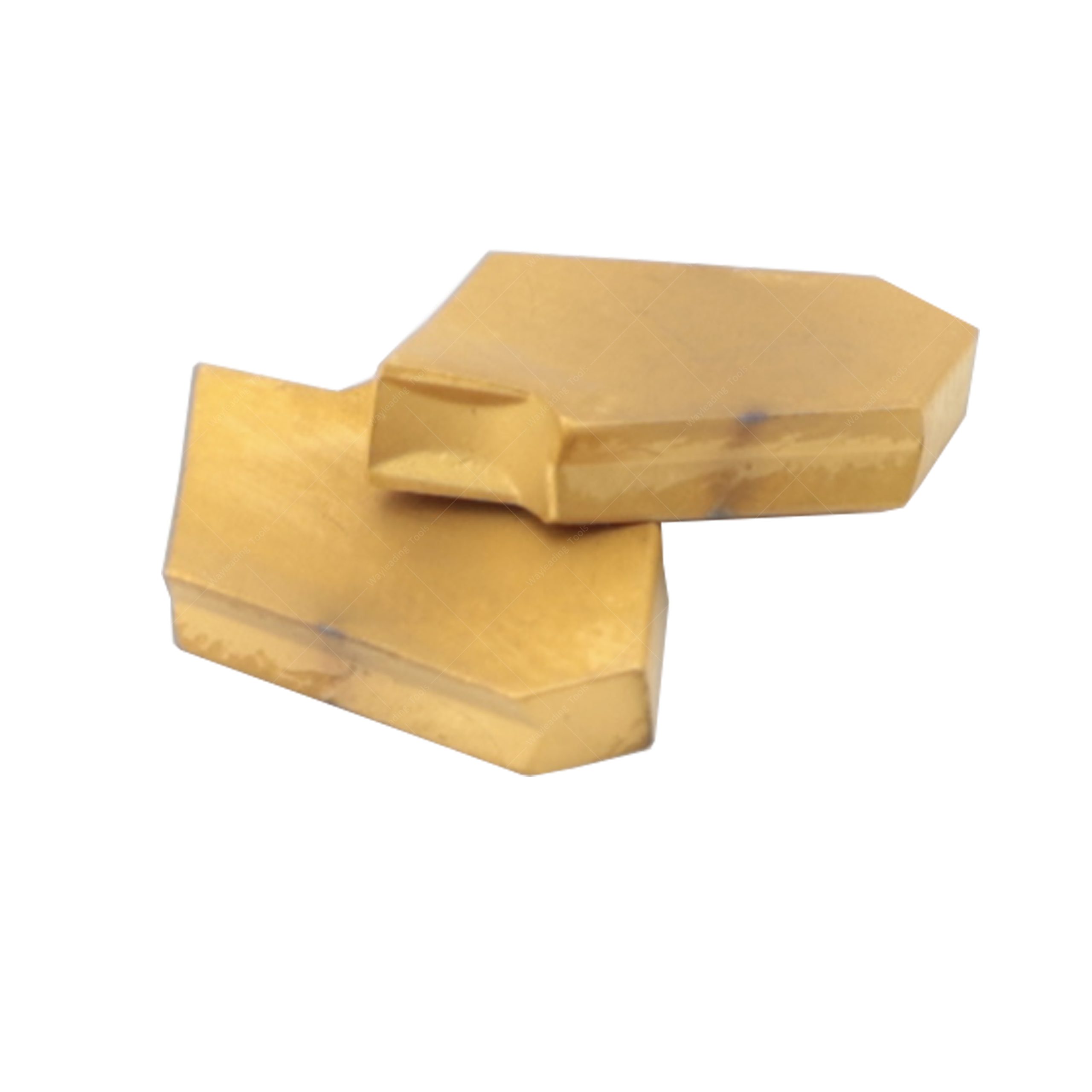 GTN Parting & Grooving Insert For NCIH Blade
GTN Parting & Grooving Insert For NCIH Blade -
 Precision Straight Shank To Morse Taper Adapter
Precision Straight Shank To Morse Taper Adapter -
 TCT Annular Cutters With Weldon Shank For Metal Cutting
TCT Annular Cutters With Weldon Shank For Metal Cutting -
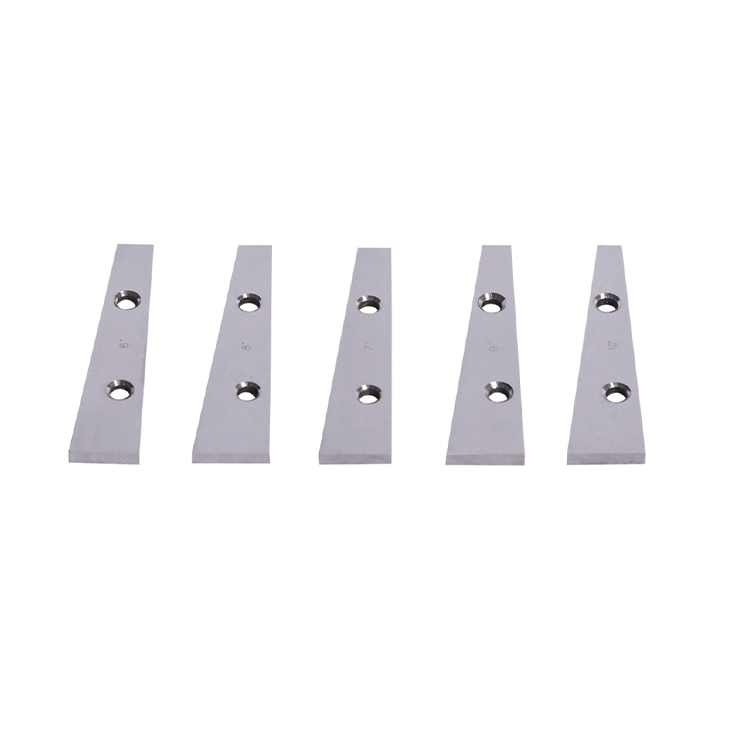 Precision 5pcs & 6pcs Angle Blocks Set With High Quality Type
Precision 5pcs & 6pcs Angle Blocks Set With High Quality Type -
 Precision Monoblock Vernier Caliper – Metric & Inch, Industrial Use
Precision Monoblock Vernier Caliper – Metric & Inch, Industrial Use
Related search
Related search- VCGX insert Supplier
- Internal & external thread tool holders set Factories
- High-Quality 5pcs toolholder set
- High-Quality 5pcs/set long series center drills
- UN threading insert Manufacturer
- Drill chuck Supplier
- milling machine arbor Manufacturers
- face milling cutter holder
- brake micrometer Factory
- Machine Reamer Manufacturers

